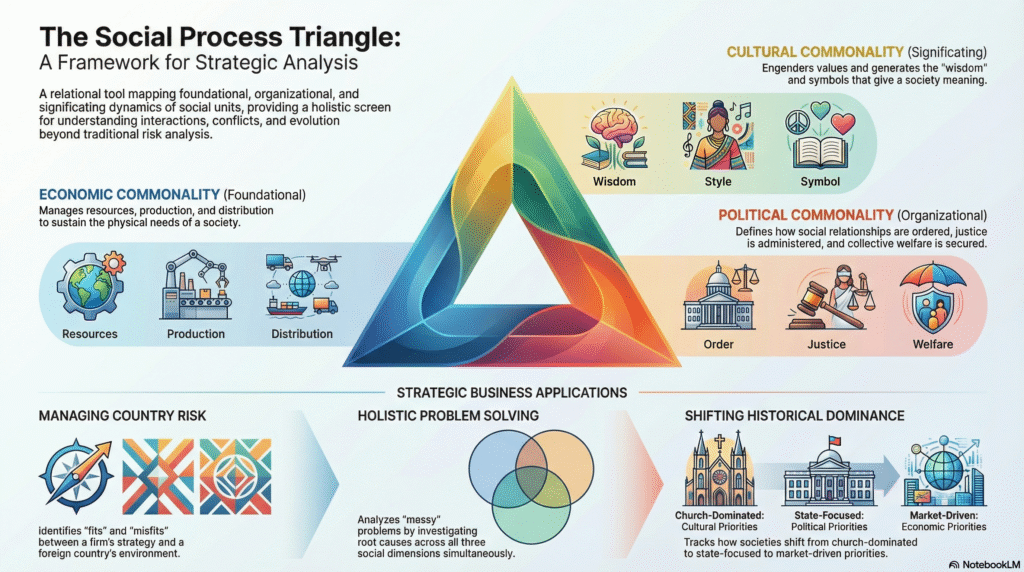
HIGHLIGHTS
AI Story of Framework for Social Analysis – Including the Social and Corporate Processes
The Social Change Collection shares the experience of a body of people who, with serious intent, sought to alter the course of history in the latter half of the Twentieth Century. Three decades on, the papers themselves seem musty. Even to those of us who were there, much of the language is off-putting at first glance, like messages from a world of long ago and far away. Mark my word, however, the life experiences which these materials describe are much with us today.
Those people:
~~ lived in a chaotic, crowded, rapidly changing world. So do we, and more so.
~~ struggled to understand the complexity of the social interactions policies and institutions shaping so much of their lives. So do we, and more so.
~~ took upon themselves the responsibility to decide on behalf of all what was needed and to act on those decisions. So do we and more so.
~~ developed methods and approaches and internal resources that made them effective and gave them the courage to care. So must we and more so.
~~ reached out around the world far beyond their own situation in Global Campaigns to offer the fruit of their experience to men and women who care in organizations and communities in every continent on the planet. So must we, and more so.
The intent in this collection is to offer you, the searcher, a taste of our articulated experience so that you can choose wisely whether and how to explore further either
by exploring the resources which document this intriguing history for wisdom and courage
by engaging today in YOUR situation with those around you and
by supporting ICA’s around the world who carry on the legacy that has evolved, with ICA’s Technology of Participation (ToP) network of facilitators and trainers who are actively working with communities and organizations all over the place
We stand beyond our life and see,
We stand beyond our death and really see,
What’s required of those who give their death to history;
And it is now that we must do
What other ones must always seek to be,
To discover what’s required of us
To set men free.
A time to set forth a new demand,
A time to look into the past,
For without “what has been,” there is no “yet to be;”
Nothing that we do then could last.
The global task now has claimed our lives,
Who knows where our bodies they shall find?
But with us, anew, now the mystery appears,
The meaning of the life of humankind.
